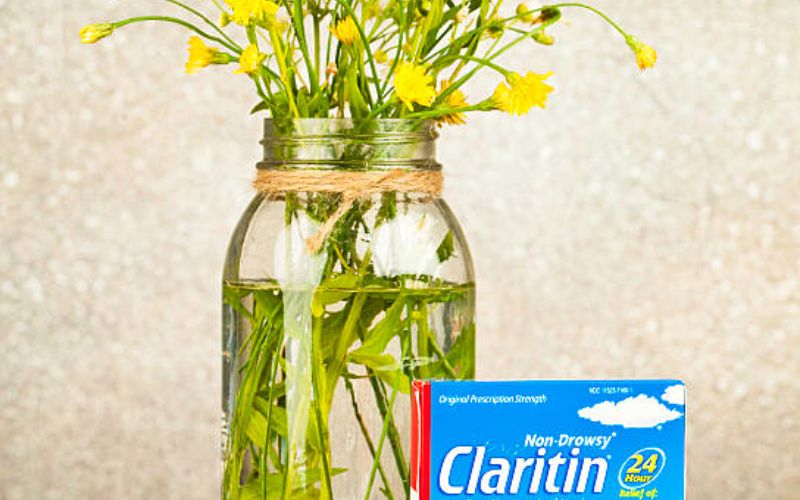Are glass pots good for plants??
Glass pots are becoming popular among gardeners due to their sleek design that adds a touch of elegance to any home decor. However, before you add one to your plants collection, you might be wondering if it's the right choice for your green friends. In this article, we will explore the pros and cons of using glass pots for plants.
Pros of Using Glass Pots for Plants
Glass pots have several advantages that make them a desirable choice for plant enthusiasts.
- Aesthetics: Glass pots are visually appealing and can complement any design scheme. You can use them to showcase your plants' beauty and elegance.
- Light Transmission: Glass pots allow light to pass through, which is beneficial for plants that require ample sunlight.
- Durable: Glass is a durable and long-lasting material that can withstand environmental changes, making it a suitable choice for outdoor planters.
- Easy Maintenance: Glass pots are easy to clean and maintain, making them ideal for those looking for a hassle-free plant potting option.
Cons of Using Glass Pots for Plants
Glass pots have their downsides as well, which can affect the growth and well-being of your plants.
- No Drainage: Most glass pots do not have holes or any system for excess water to escape, which can lead to over-watering and root rot.
- Prone to Breakage: Glass pots are fragile and can easily break if knocked over or exposed to extreme temperatures.
- Heats Up Quickly: Glass absorbs and radiates heat faster than plastic or terracotta, which can harm plants that do not tolerate hot conditions.
- Can Discolor: Over time, glass pots can develop mineral buildup, water stains, or discoloration, which can affect their overall aesthetics.
What Kind of Plants are Suitable for Glass Pots?
While glass pots are not the perfect choice for every type of plant, there are certain species that thrive in them. Some examples include:
- Cacti and Succulents: These plants do not require much water and prefer well-draining soil, which makes them a good match for glass pots.
- Air Plants: These plants do not have roots and absorb nutrients from the air, making them an excellent choice for glass terrariums or hanging glass containers.
- Herbs: Herbs like rosemary, basil, and oregano enjoy bright and sunny locations, making glass pots ideal for them.
How to Use Glass Pots for Plants?
If you have decided to use glass pots for your plants, here are some tips to keep in mind:
- Choose the Right Size: Make sure the glass pot is proportionate to the plant's size and root system. Small plants can drown in a large container, while a large plant may not have enough space to grow in a small container.
- Add Drainage: To prevent waterlogging, layer the bottom of the glass pot with pebbles, activated charcoal, or sand. You can also drill holes in the glass if possible.
- Use the Right Soil: Most plants require well-aerated and well-draining soil. Avoid using soil that has a lot of clay or sand, as it can be too dense for the roots to penetrate.
- Place in the Right Location: Pay attention to the plant's lighting and temperature requirements and place the glass pot in a suitable location. Avoid placing it in direct sunlight or near heat sources like radiators or ovens.
Conclusion
Glass pots have their advantages and disadvantages when it comes to using them for plants. While they are visually appealing and add a touch of sophistication to any home, they require proper maintenance and care to ensure plant health and growth. When choosing a glass pot for your plant, consider its size, drainage, soil, and location requirements to create a thriving and healthy plant environment.

